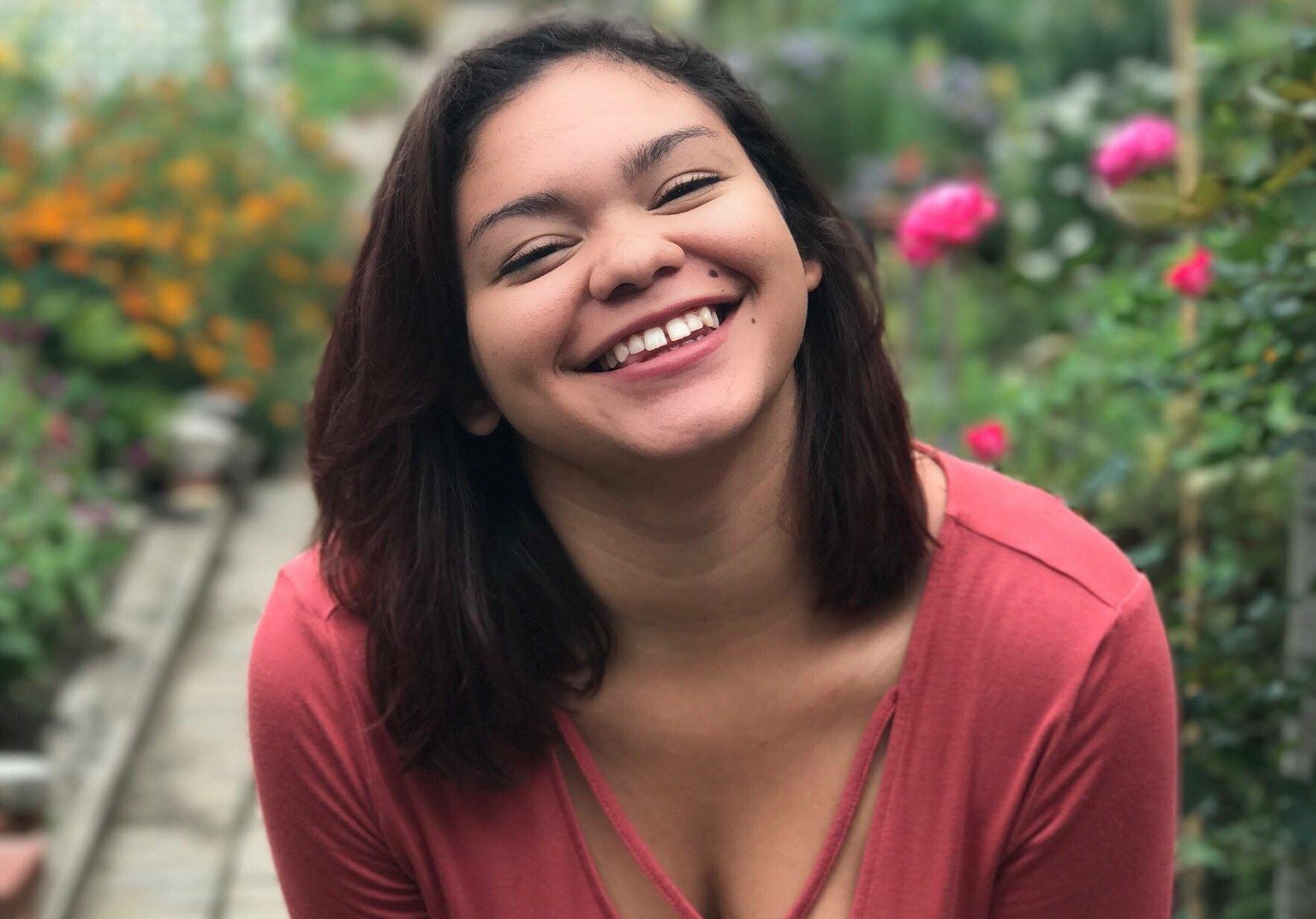
News
Invisible No More
Play audio version
How the DJP Helped Me to Name and Embrace My Disability
February 18, 2022
BOSTON, United States of America — When my manic bipolar disorder manifested junior year of high school, it took some of my memories with it. Even now, staring at the ceiling of my room in the middle of the night, I squeeze my eyes shut as I attempt to piece the shattered fragments of my memories together. I often find myself wondering what echoes of my past are false or not, but I end up giving in and moving on because high school was a whirlpool that I barely pulled myself out of. Better to not reminisce too much or be reminded of the trigger that so lovingly invited my bipolar disorder to be a long-term guest in my rattled mind.
There are some things that I do remember, insignificant things during my first two years of high school. I was one of four freshman girls on the varsity soccer team before joining the marching band sophomore year. My sister, a titan of academia, graduated in the pouring rain before moving to New York City to attend New York University. I sang in three choirs, participated in the spring musical Bye Bye Birdie, and had a solo in show choir. As an active participant in my life during those years, those memories are vivid and tell the tale of a bright, happy young girl.
It ended. Junior year began. That bright, happy young girl couldn’t get out of bed.
I fought with my mother tirelessly, screamed and cried about going to school, started to fail my classes, and was out of school for roughly 73 days of my junior year. After an emergency room visit, I was diagnosed with major depression and anxiety. The bipolar diagnosis would come a year later. The word accommodation was floated around the room where I was forced to sit with my unforgiving high school principal and new guidance counselor. My principal begrudgingly accepted the recommendation of a late start time paired with the dropping of my pre-calculus class, but his eyes reminded me every day that I was a burden. I sometimes still see those eyes when an application asks me to disclose a disability.
Not once did anyone ever properly title why I was being given an accommodation – no one mentioned a disability. Because my disability was invisible, a psychosocial disability that couldn’t be seen with the naked eye, the last two years of my schooling were tortuous. It wasn’t enough that I cried every night and simultaneously bounced off the walls every day. To so many people, it wasn’t real, and it wasn’t a disability.
I received my diploma with all of my other classmates, on a sticky June day, seated on the turf football field that rarely saw any winning home games. When my principal handed me the diploma, he said, “I didn’t think you would make it.” A passing comment for him that ingrained itself into my mind, well into my adult life. I never visited the Accessibility Resources for Students office at Berklee College of Music to ask for accommodations. Instead, I quietly accepted the deduction in attendance points when I couldn’t drag myself to class. When I was called back to work after more than a year of lockdown and had a panic attack on the train because of the lack of social distancing, I never asked for a shift in work hours to accommodate the traffic, which would’ve probably been granted. I was still having trouble connecting bipolar disorder to psychosocial disability because no one had ever told me otherwise.
Fortunately, my concrete way of thinking started to rumble and crack as I accepted and furthered my role as communications/technical associate for the Disability Justice Project (DJP). My first assignment was to interview Esther Suubi, a fellow striving for recognition and resources for folks in Uganda with psychosocial disabilities. I remember opening the email with her information and furrowing my brow at the assignment requirements. A wave of confusion passed over me, unburying my long-held beliefs of disabilities. I was shocked to learn that psychosocial disabilities were considered for the DJP– not only considered but accepted. The little girl who suffered through high school, the same one that felt that she burdened others with her overlooked illness, started to heal that day. The healing and the unlearning started with meeting with Esther and hearing her story; it eagerly continued throughout the semester through interactions with other fellows.
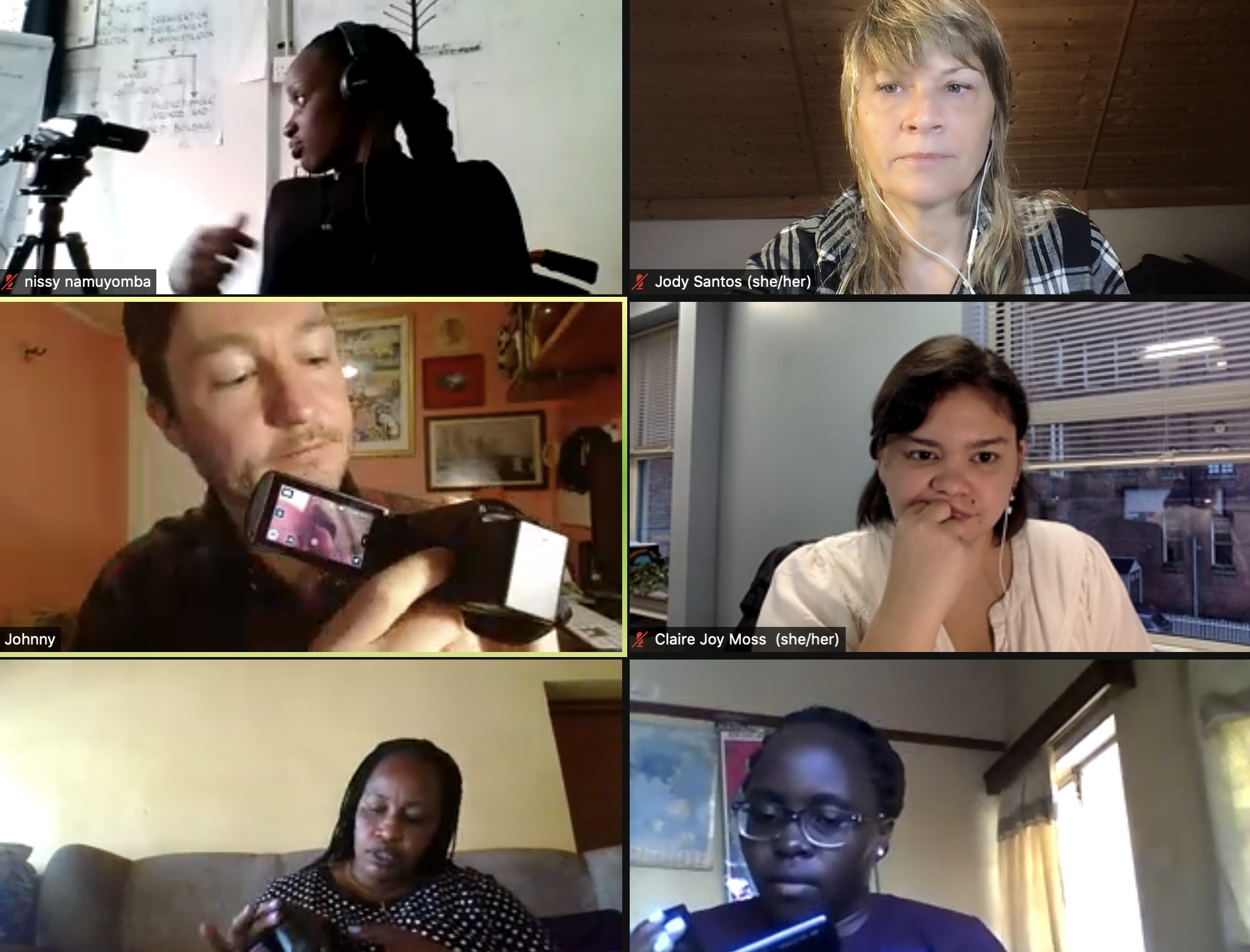
Every week, the women of the DJP pushed me and my archaic ideas about disability to a whole new realm. Through the strength of these women and the unparalleled knowledge that they carry, I understand more. I understand that a disability can be more than what’s shown on the surface – some boil slightly underneath, warm to the touch. One disability does not trump the other, and no competition for ‘who has it worst?’ exists. Whether it’s DeafBlindess, spinal injuries, HIV/AIDS, depression, or other psychosocial disabilities, all are valid and deserve to be seen. I’m not sure I would have realized that without my work with the DJP. Moreover, I finally feel comfortable saying that my bipolar disorder is a disability, a term that eluded me for so long.
My old high school principal is retired now. I don’t spend much time, if any, wondering where he is. If I allow myself to wonder this one moment, I hope that he’s grown as I have and understands that disabilities are not always surface level. I hope that he and so many others who share his thoughts have learned that psychosocial disabilities are debilitating, discouraging, and so difficult, that they, too, deserve some attention and patience. I wish he could meet Esther, Rose, Oluwabukolami, Julie-Marie, and Nissy. Hopefully, their outstanding work will reach him as it’s already reached others. We’re all better off for it.
I still have moments where my memories fade in and out, but I know that this past semester will never leave me. It has filled the hole in my mind where all my old thoughts about what it means to have a disability used to frequent. I’m lucky, I’m informed, I’m empowered, I’m grateful. I’m thankful, thankful, thankful.
News From the Global Frontlines of Disability Justice

Rwanda’s Marburg Crisis
As Rwanda confronts its first-ever Marburg virus outbreak, people with disabilities face heightened risks — not only from the virus but also from the lack of accessible health information. “Without proper accommodations, such as sign language interpreters, captions, Braille, or visual aids, the Deaf and DeafBlind community may miss crucial information about how to protect themselves, symptoms to watch for, or where to seek help in case of infection,” says Joseph Musabyimana, executive director of the Rwanda Organization of Persons with Deaf Blindness.
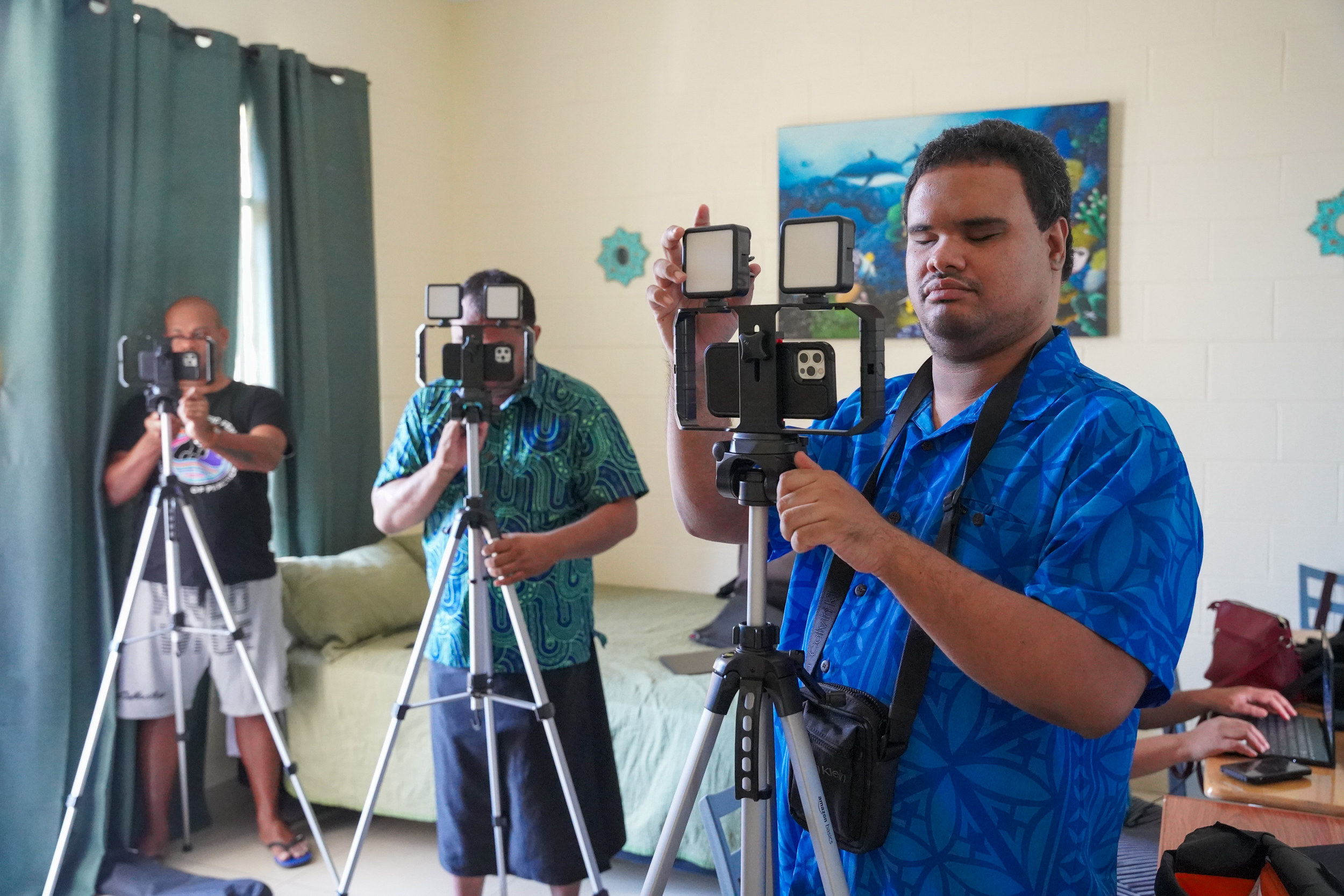
Capturing Vision Through Sound and Touch
Last summer, the DJP trained Indigenous activists with disabilities from the Pacific on the iPhone camera to create a documentary series on disability and climate change. With VoiceOver, the iPhone provides image descriptions for blind and low-vision filmmakers and offers other accessible features. “If you think about it, it doesn’t make sense for a blind person to use a camera,” says DJP filmmaker Ari Hazelman. “The iPhone gives you more avenues to tell your story in a more profound way as a blind person.”
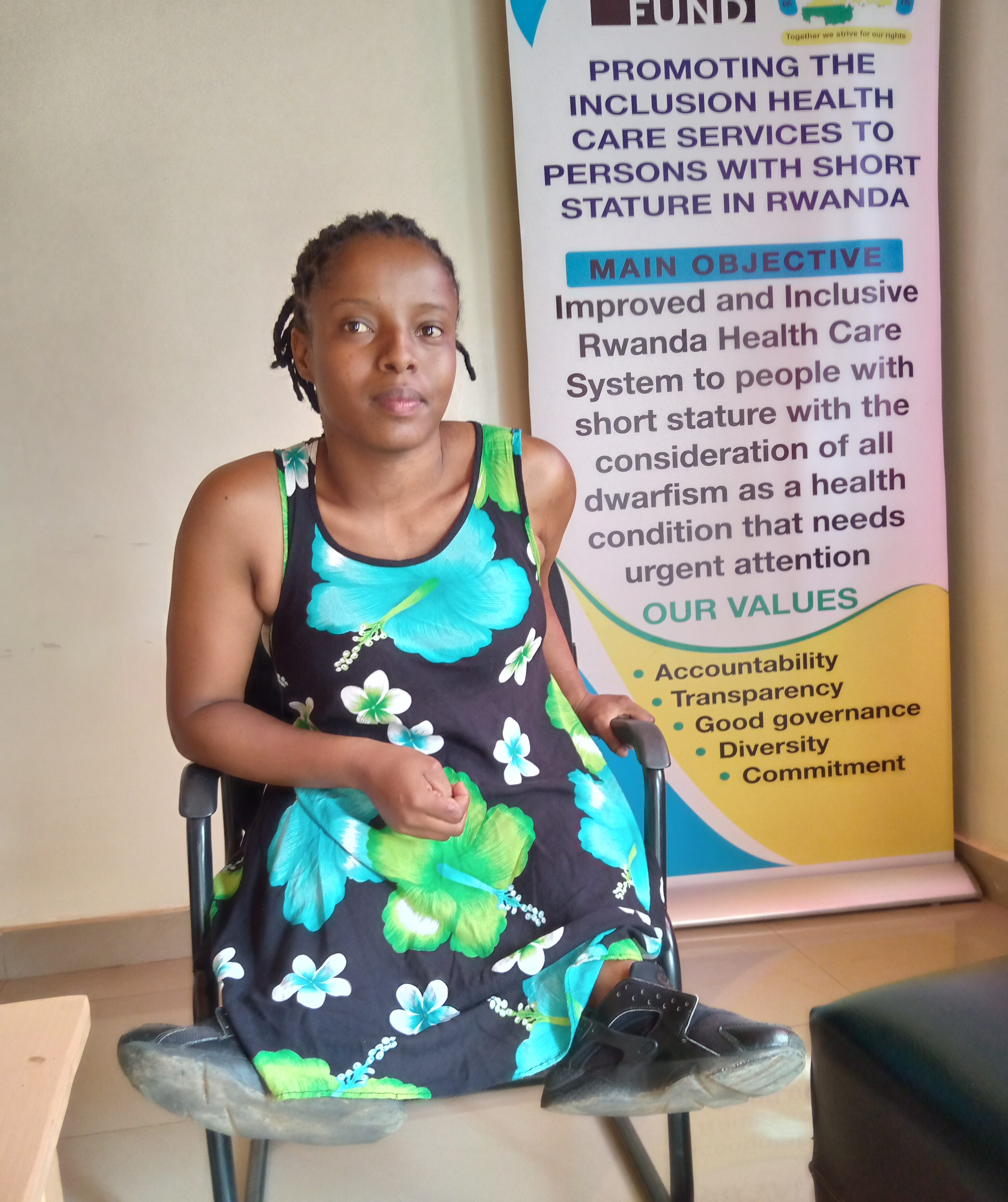
Work for All
The We Can Work program equips young Rwandans with disabilities to navigate barriers to employment through education, vocational training, and soft skills development. By fostering inclusive workplaces and advocating for policy changes, the program aims to reduce poverty and promote economic independence. Participants like Alliance Ukwishaka are optimistic that the program will enable them to achieve their dreams and showcase their potential. The initiative is part of a larger effort to support 30 million disabled youth across seven African countries.
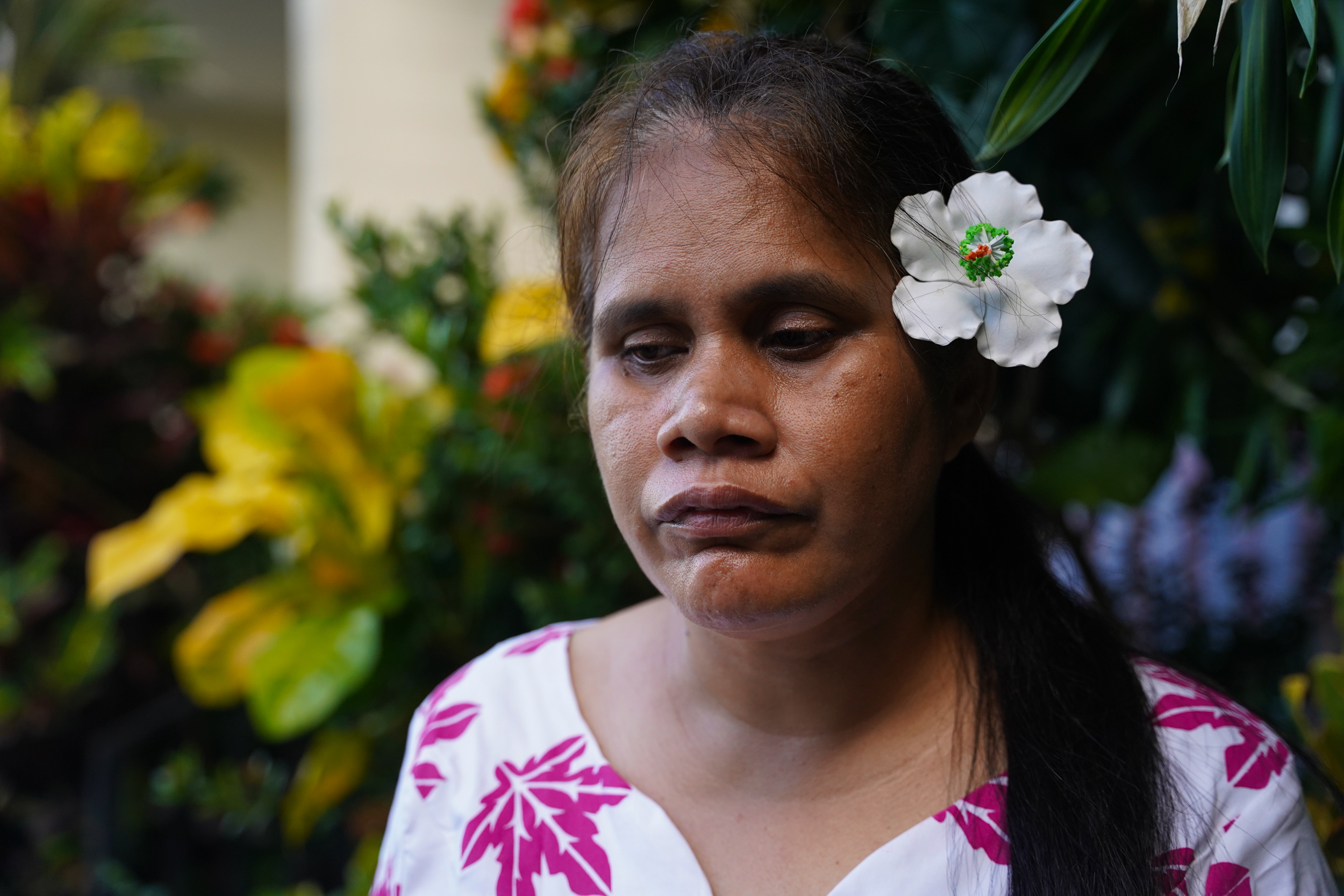
Global Recognition
Faaolo Utumapu-Utailesolo’s film “Dramatic Waves of Change” has been named a finalist in the Focus on Ability International Short Film Festival. The film, completed during a Disability Justice Project workshop in Samoa, highlights the impact of climate change on people with disabilities in Kiribati. Utumapu-Utailesolo, who is blind, used an iPhone with accessibility features to create the film. “Do not leave people with disabilities behind when [you] plan, implement, and monitor programs regarding climate change and disaster,” she says. Her achievement is a testament to the power of inclusive filmmaking.
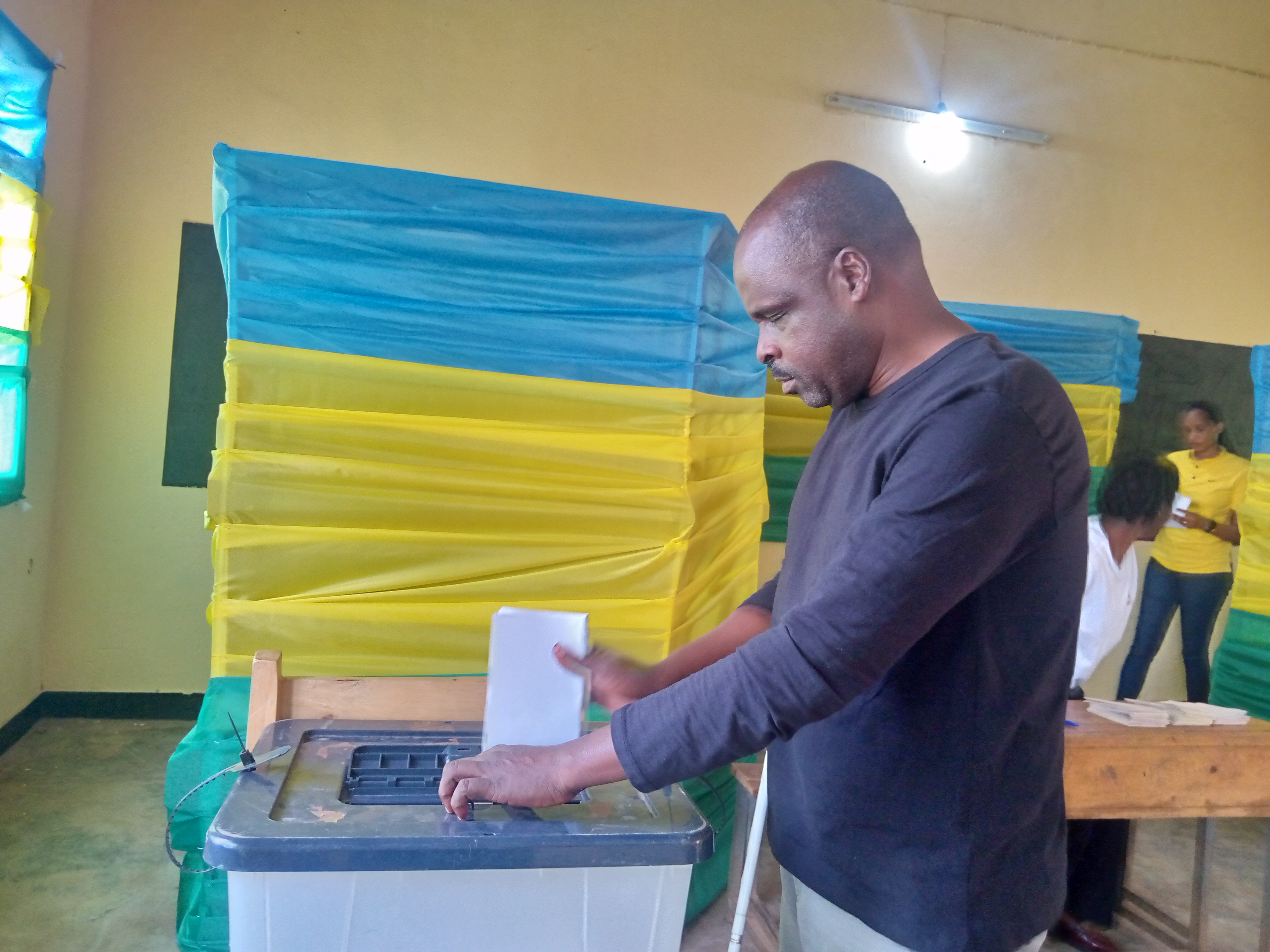
Advancing Democracy
Rwanda has made significant progress in making its elections more accessible, highlighted by the July 15 general elections where notable accommodations were provided. This was a major step forward in disabled Rwandans’ quest for equal rights and participation. “You cannot imagine how happy I am, for I have voted by myself and privately as others do accessibly,” says Jean Marie Vianney Mukeshimana, who used a Braille voting slate for the first time. “Voting is a deeply emotional and meaningful experience for a person with any disability in Rwanda, reflecting a blend of pride, empowerment, and hope.”
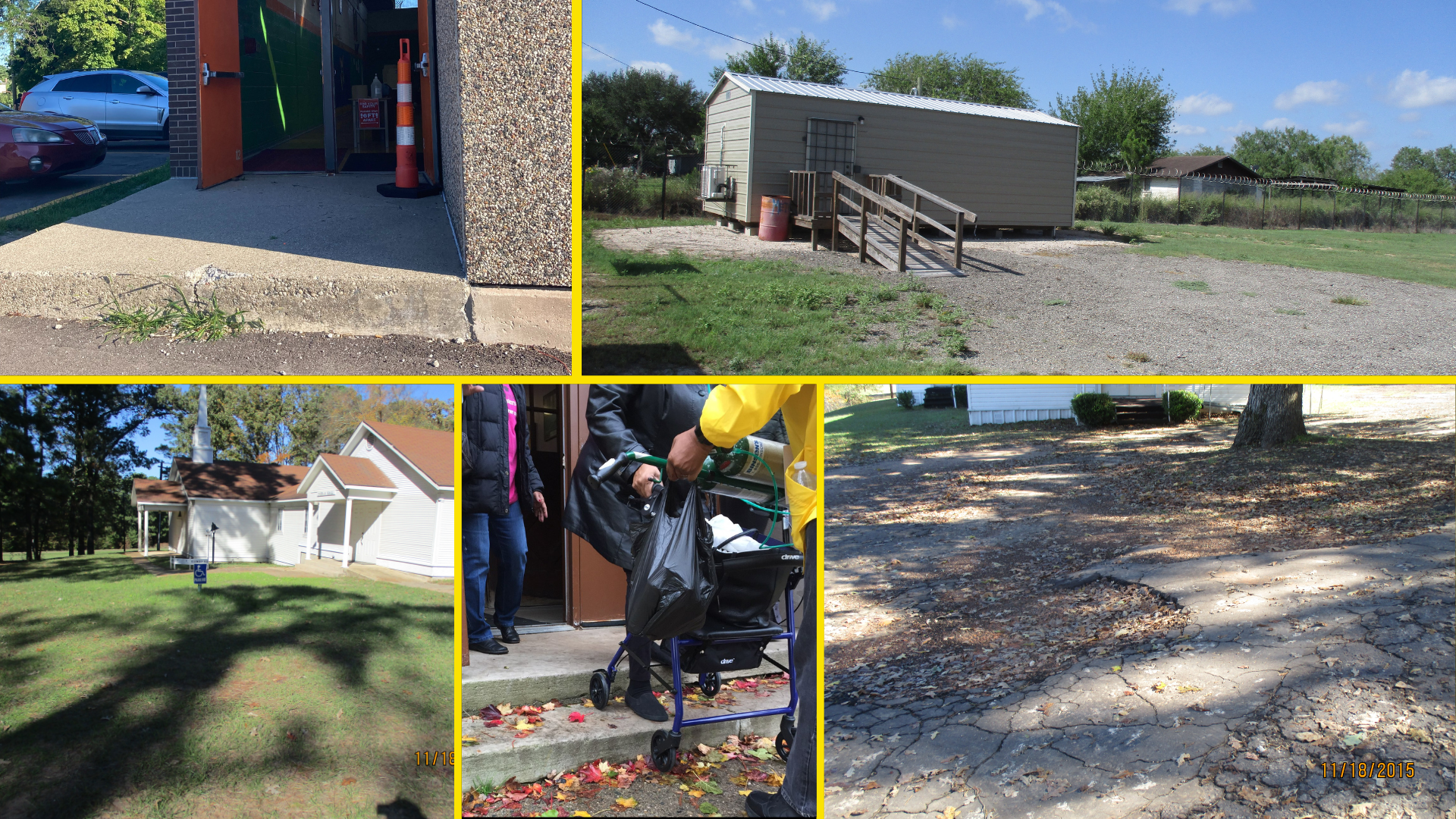
Barriers to the Ballot
Despite legislation like the Americans with Disabilities Act, barriers at the polls still hinder — and often prevent — people with disabilities from voting. New restrictive laws in some states, such as criminalizing assistance with voting, exacerbate these issues. Advocacy groups continue to fight for improved accessibility and increased voter turnout among disabled individuals, emphasizing the need for multiple voting options to accommodate diverse needs. ““Of course, we want to vote,” says Claire Stanley with the American Council of the Blind, “but if you can’t, you can’t.”